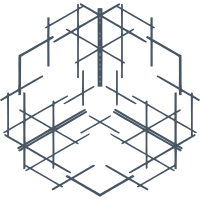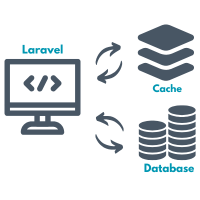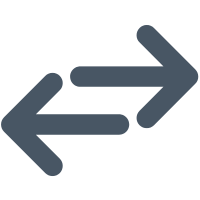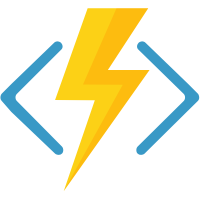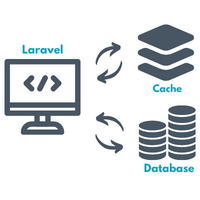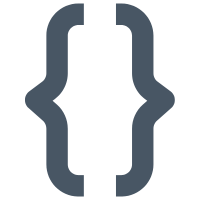Implementing Commands and Queries in Laravel 12
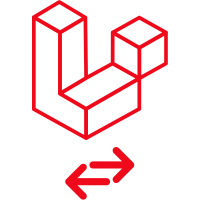
CQRS, short for Command Query Responsibility Segregation, is a simple yet powerful way to split the responsibility for writing and reading data in an application. Instead of having a single service or model method that both changes and retrieves data, you give commands the job of making changes and queries the job of fetching information. This split can make large projects much easier to follow, especially as business rules grow and read and write requirements start to differ.
